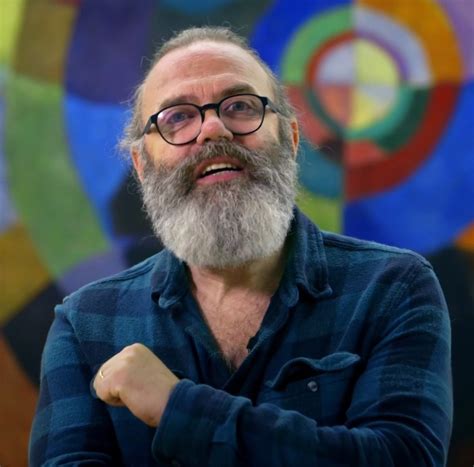A Quote by Phil Klay
Pity sidesteps complexity in favor of narratives that we're comfortable with, reducing the nuances of a person's experience to a sound bite.
Quote Topics
Related Quotes
You could ask: Why are people attracted to narratives that justify the terrible things that we're doing to the planet? Why are people attracted to narratives of control and fear and hunting down the terrorists, and this uncaring attitude toward nature? These come from what I call the perceptions of separation and the experience of separation, the experience of alienation, the experience of scarcity and anxiety and competition, and a world in which everybody is out for themselves and nobody cares.
Pity is for this life, pity is the worm inside the meat, pity is the meat, pity is the shaking pencil, pity is the shaking voice-- not enough money, not enough love--pity for all of us--it is our grace, walking down the ramp or on the moving sidewalk, sitting in a chair, reading the paper, pity, turning a leaf to the light, arranging a thorn.
What a pity that Bilbo did not stab that vile creature, when he had a chance!' Pity? It was Pity that stayed his hand. Pity, and Mercy: not to strike without need. And he has been well rewarded, Frodo. Be sure that he took so little hurt from the evil, and escaped in the end, because he began his ownership of the Ring so. With Pity.






































